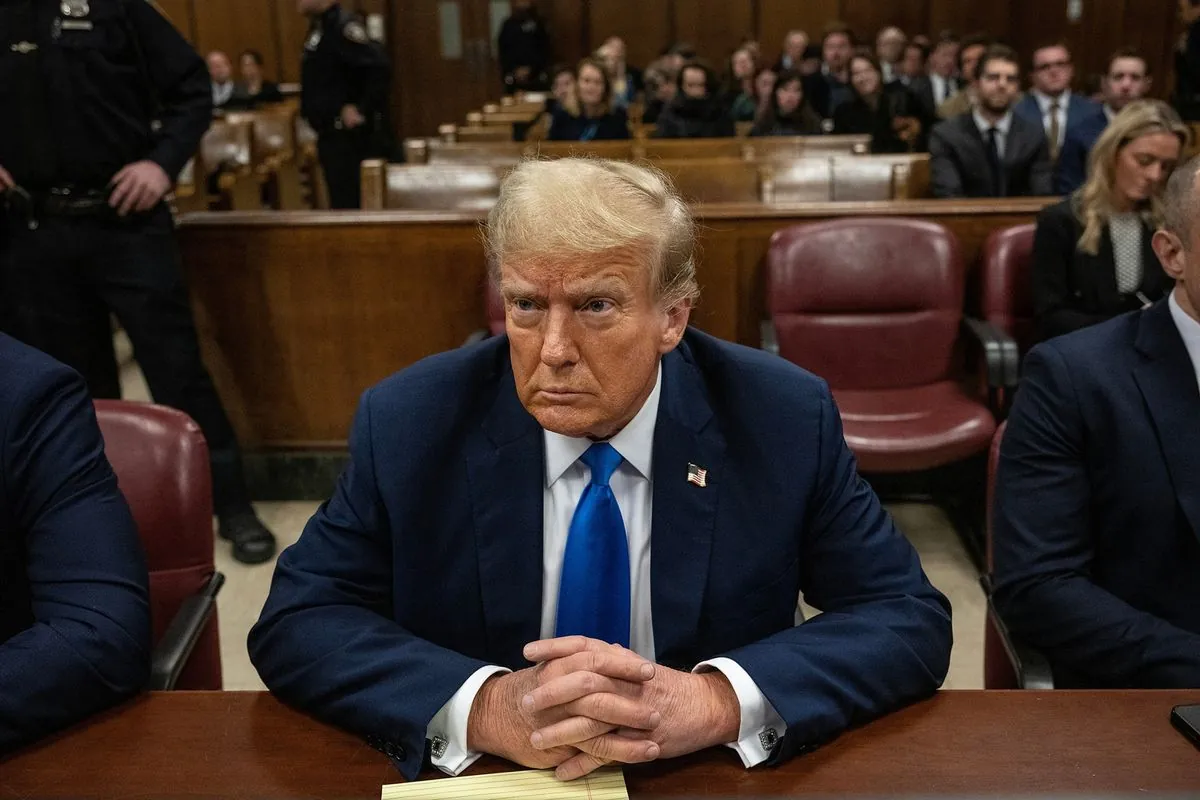A significant development has occurred in the legal proceedings against Donald Trump, as federal prosecutors have made public a comprehensive court filing detailing their evidence. This document, spanning 165 pages, outlines the allegations that the former president illegally attempted to overturn the results of the 2020 election.
The release of this filing is particularly noteworthy given its timing, occurring approximately one year before the next U.S. presidential election scheduled for November 5, 2024. This proximity to the election date suggests that it may be the final opportunity for prosecutors to present their case in detail before the nation goes to the polls.
The charges against Trump are serious, encompassing four criminal counts. These include allegations of conspiracy to obstruct the congressional certification of the election, defrauding the United States, and interfering with Americans' voting rights. Trump has entered a plea of not guilty to all charges.
One of the key aspects of the prosecutors' strategy is to demonstrate that their allegations remain valid despite a recent U.S. Supreme Court ruling. This ruling grants former presidents broad immunity from criminal prosecution for actions taken while in office. The prosecutors, working under Special Counsel Jack Smith, aim to prove that the remaining allegations against Trump are not covered by this immunity.
The court filing is expected to contain new evidence, including transcripts from witness interviews and grand jury testimony. However, much of this material will likely remain confidential until a trial takes place. It's worth noting that several high-ranking officials from Trump's administration, including former Vice President Mike Pence and White House Chief of Staff Mark Meadows, provided testimony to the grand jury during the investigation.
The release of this document was not without controversy. Trump's legal team opposed the filing, arguing that it would be inappropriate to release such information so close to an election. They have also contended that the entire case should be dismissed based on the Supreme Court's ruling on presidential immunity.
"You still have to fight like hell."
This quote, allegedly overheard by a White House staffer, is part of the evidence presented by prosecutors. It purportedly captures Trump telling family members that the outcome of the election was irrelevant, emphasizing the need to continue fighting.
The case highlights the complex interplay between presidential powers, legal accountability, and the electoral process. As the nation approaches another presidential election, the outcome of this legal battle could have far-reaching implications for the future of American democracy and the balance of power within the government.
